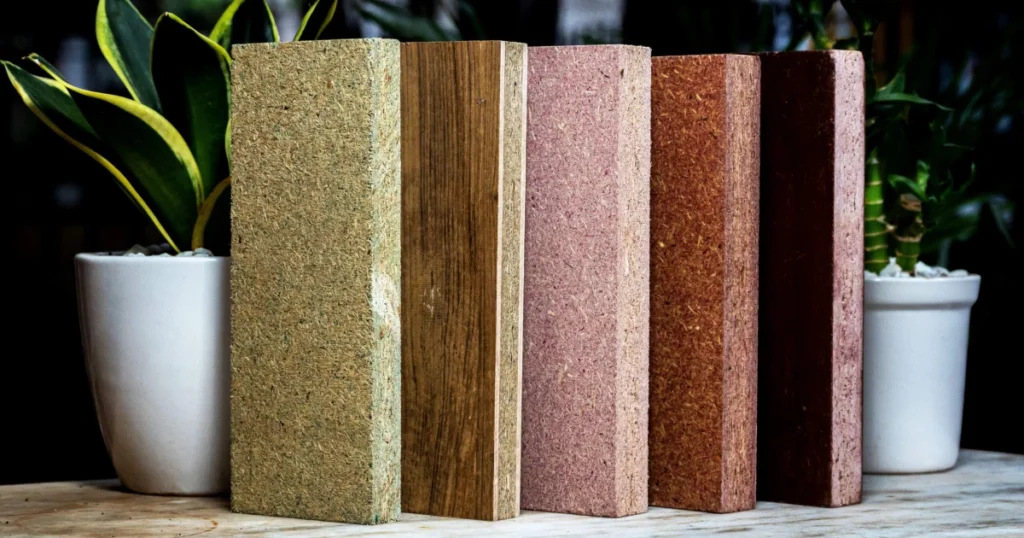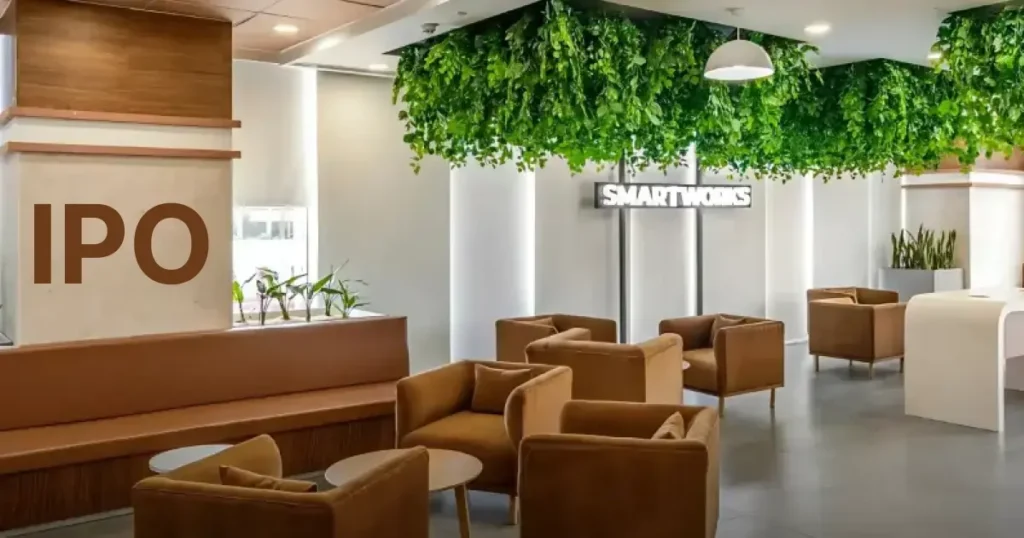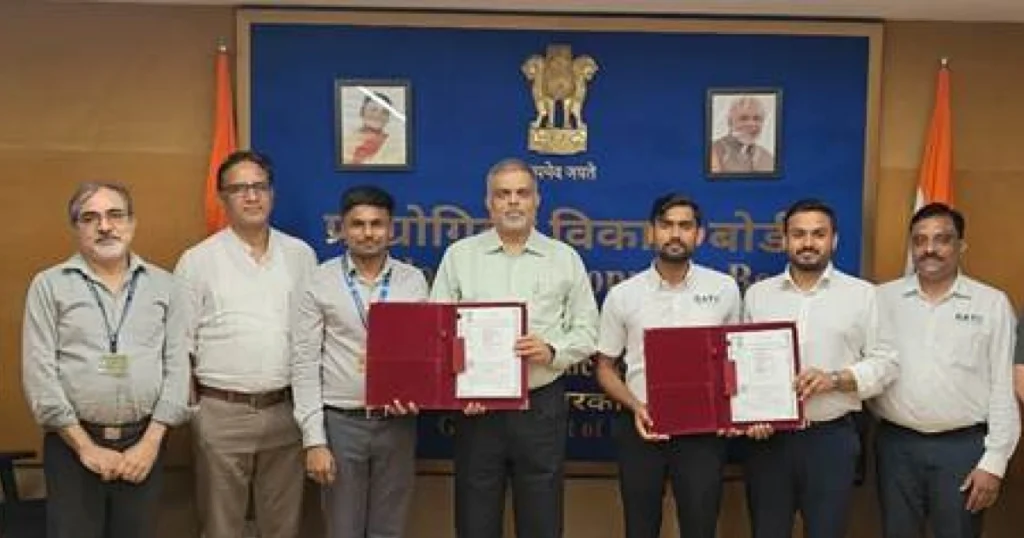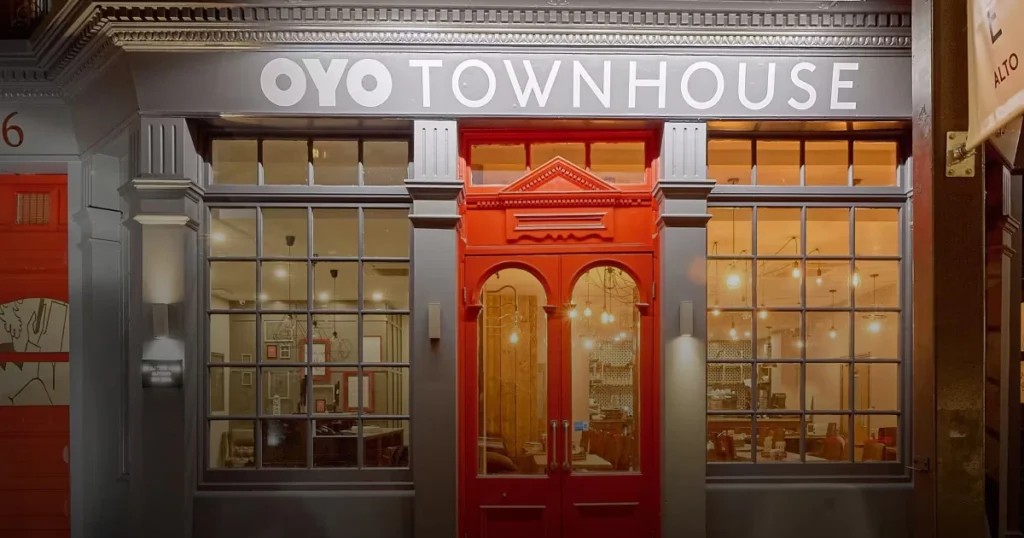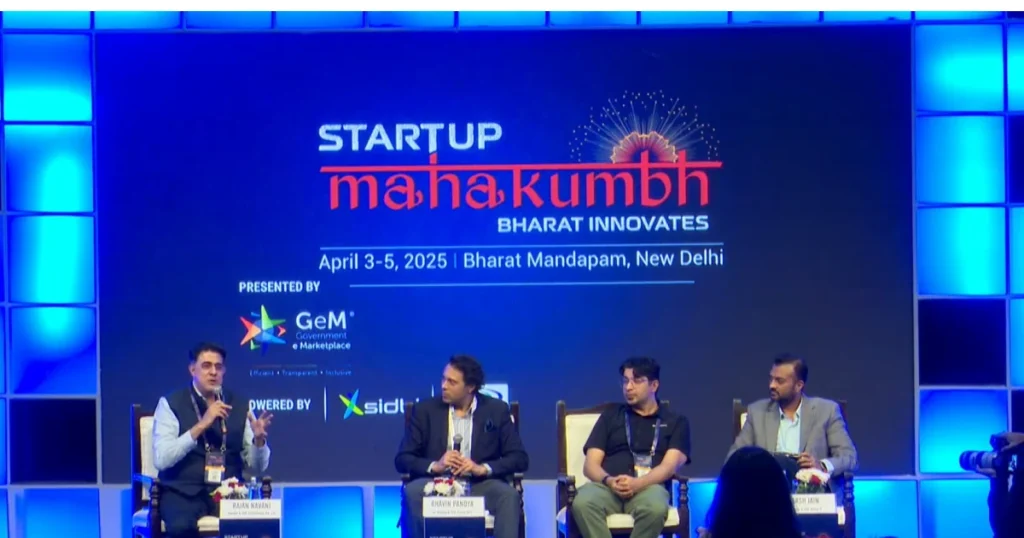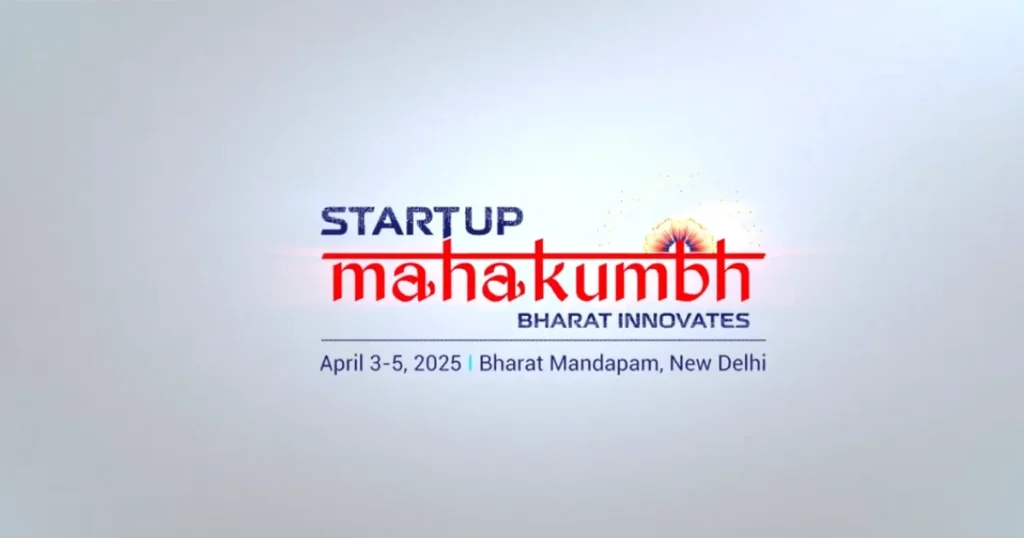In the heart of New Delhi, a revolutionary startup named Strawcture Eco is changing the landscape of the construction industry by transforming agricultural waste into eco-friendly building materials.
Founded in 2018 by Shriti Pandey, a civil engineer with a Master’s degree from New York University, the company has embarked on a mission to mitigate environmental challenges while creating sustainable livelihoods for farmers across India.
Stubble Burning and Environmental Degradation
India produces an astonishing 500 million tons of straw annually from crops like wheat, rice, and sugarcane.
Unfortunately, 140 million tons of this straw is often burnt, releasing significant amounts of carbon emissions and contributing to air pollution.
Stubble burning poses serious environmental hazards, affecting air quality and contributing to climate change.
Shriti, upon witnessing the devastating effects of stubble burning during her year in rural India, realized that this practice was not just an environmental crisis but also a missed opportunity.
Recognizing the potential of agricultural residue as a valuable resource, she set out to create a viable solution that not only addresses waste management but also promotes sustainability.
The Birth of Strawcture Eco
Shriti’s journey began with extensive research and travel across India to explore existing construction practices. She aimed to find a way to repurpose agricultural waste into a valuable building material.
This exploration led to the creation of AgriBioPanels™, eco-friendly building materials composed of over 90% straw, combined with a proprietary binding adhesive.
AgriBioPanels are not only innovative but also incredibly functional.
They offer five times more insulation than traditional brick-mortar walls, possess high fire resistance ratings, and are made from annually renewable resources, making them a sustainable alternative to conventional materials.
This unique product is positioned to reduce the carbon footprint of the construction sector significantly.
The Technology and Its Impact
Strawcture Eco’s AgriBioPanels are manufactured through a state-of-the-art process involving high-temperature and high-pressure compression of agricultural fibers.
This method enhances the strength and durability of the panels while ensuring they are lightweight and easy to handle.
The panels come in various thicknesses ranging from 8mm to 35mm and are suitable for diverse applications including walls, ceilings, and furniture.
Moreover, their acoustic insulation properties make them ideal for creating quiet environments in schools, hospitals, and commercial spaces.
Supporting Farmers and the Local Economy
Beyond addressing environmental concerns, Strawcture Eco aims to empower farmers by integrating agricultural waste into the construction value chain.
By sourcing straw from local farmers, the startup not only helps reduce the dependency on cement and other non-renewable materials but also creates additional income streams for the agricultural community.
Shriti’s commitment to sustainability and farmer welfare has garnered national and international recognition, earning her a place in Forbes 30 under 30 Asia.
This recognition highlights the potential impact of her innovative approach and showcases the importance of sustainable practices in the construction industry.
The Future of Strawcture Eco
As Strawcture Eco continues to grow, the company is exploring additional applications for AgriBioPanels, including their use in modular housing, public infrastructure, and custom furniture solutions.
The future also holds potential for expanding their operations beyond India, tapping into international markets that value sustainable construction methods.
In the coming years, Strawcture Eco aims to enhance its research and development efforts to improve product offerings continually.
This commitment to innovation will help address challenges such as durability and adaptability in various climates.
Conclusion
Strawcture Eco represents a transformative force in the construction industry, addressing both environmental and social challenges through innovative use of agricultural waste.
By converting crop residue into AgriBioPanels™, the company tackles the pressing issue of stubble burning while offering a sustainable alternative to conventional building materials.
This solution not only reduces the carbon footprint of construction but also creates economic opportunities for farmers by integrating their waste into a valuable supply chain.
With its commitment to innovation, community impact, and environmental stewardship, Strawcture Eco is poised to become a leader in green building practices, reshaping the future of construction for a more sustainable world.


